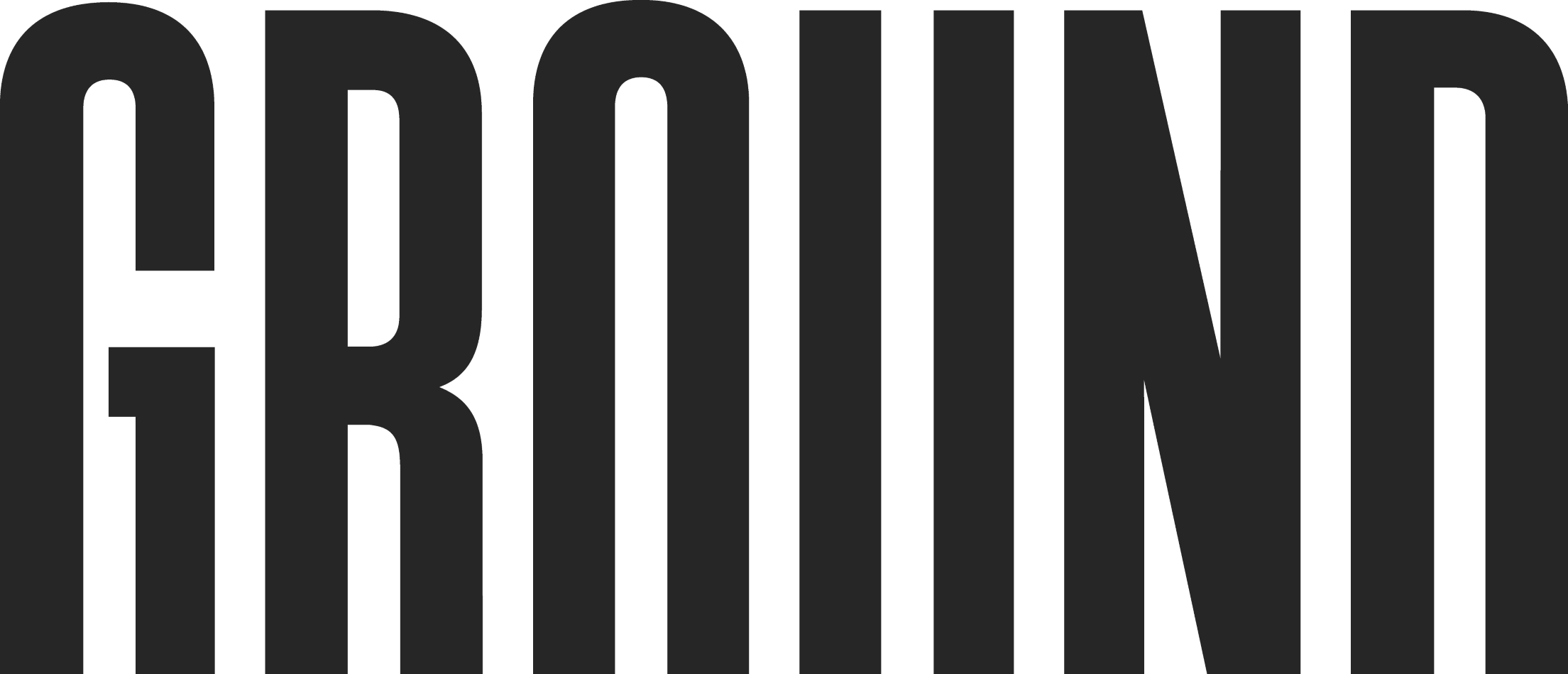Mediaopoly by Ground News
Who Owns Your Mind Media?
Every day, Ground News processes about 30,000 news stories. We look at which outlets are reporting on an issue and where they fall on the political spectrum so that news readers can easily compare coverage from diverse sources. Now, we’re adding another layer of analysis … who owns them?
Why does Media Ownership Matter?
Journalism is rooted in a strong sense of purpose. It’s often described as a pillar of democracy - a means of holding the powerful accountable - but in most cases it’s also a business run by powerful people. We see those interests collide at the ownership level. When media companies become publicly traded, they have a responsibility to their stockholders to maximize profits. One way to do this is to cut expenses. Another way is to create content that maximizes engagement. As the owner of a news outlet, do you prioritize purpose or profit?
Conflicts of Interest
Media owners want to make money. Even if they don’t see their news outlet as a driver of growth, they often have other business interests. What happens when a story breaks about their company? Are the interests of the owners implicitly considered when deciding which stories get published? In some newsrooms is it even explicit? How is that effect amplified when one organization, or even one wealthy individual, owns several news outlets?
Fun Fact: The name, Mediaopoly, is inspired by this 1998 SNL segment that only aired once. It leans heavily into the issue of censorship and conflicts of interest.
Concentration
Fewer individuals or organizations control increasing shares of the media industry. A recent report by the Media Reform Coalition found that in 2021, 90% of national newspapers in the UK were owned by only three companies. One of those companies, Reach, is the largest Media Conglomerate in terms of content output analyzed by Ground News. The second and third largest Media Conglomerates are Hearst Communication and Nexstar Media Group.
In some cases, these conglomerates are owned by a single family, which means they fall into our Wealthy Private Owner category. Here, the Roberts family takes the lead. They own Comcast Corporation, an American multinational telecommunications conglomerate, which owns NBC Universal, which owns Hulu. Should one family own so much of the media landscape?
Cost Cuts & Convergence
Convergence is another concerning trend. Generally it refers to the merging of previously distinct media platforms through digitization. It’s particularly relevant at the local level. Most local newsrooms don’t have the resources to support robust digital programs, so they end up getting bought out by larger media conglomerates. Subsequently, the local coverage shifts to less expensive national stories, which can be easily shared among stations. There is research to suggest that people who consume more local news have more moderate beliefs about national elections, so as local news becomes more nationalized, can we expect increased polarization and partisan animosity?
Fragmentation & Media Distrust
At the same time, as local news becomes homogenized, journalists are setting out on their own. The creation of Substack and newsletter services that operate on a subscription basis are creating a new model that allows journalists to operate independently without being beholden to the interests of corporate owners. There’s danger here too. If news readers who are frustrated by the current media landscape turn to a couple of their most trusted journalists, they’re less likely to consume diverse perspectives or engage with ideas that challenge their worldview.
What Can You Do About it?
We created Mediaopoly to visualize media ownership in a simple and engaging way. Is there a “good” media ownership score? Not necessarily. Some Media Conglomerates have high walls between entertainment and news. Some Independent news outlets blur the line between journalism and activism.
The point is to seek out diverse perspectives. We’ve all gotten more attune to the impact of media bias. Ownership is another factor to consider as we move toward a world where critical thought is the baseline of our news, media, and information consumption. Here are a few steps you can take to diversify your media diet.
Awareness - Are you in a Media Bubble?
Unless you make a concerted effort to keep social media algorithms guessing, you are likely enveloped in a filter bubble. These algorithms will figure out, behind-the-scenes, what news articles you clicked on in the past, and then send you down a rabbit hole of seeing similar content over and over again. Let's change that. Try our short quiz to find out if you’re in a bubble.
Analysis - Examine Where Your News Comes From
Take a deeper look at the news sources you are consuming. Our free Mediaopoly and Blindspotter tools can help with this. Do your sources have a similar underlying narrative? Do you tend to engage with news outlets on one side of the political spectrum? Are most of them owned by one Media Conglomerate? Corporate biases and political biases can influence the news that is reported - and the news that isn’t.
Action - Burst Your Bubble
The best way to burst your filter bubble is to read news from diverse perspectives. Independent news, Government news, even Media Conglomerates - they all have something different to offer and they’re all likely to cover different topics. Our newest feature, My News Bias, makes this easy. See stats on your top news sources, article bias, ownership data, factuality, blindspot consumption, topic insights, and more.
For press/other inquiries, contact us at feedback@ground.news



